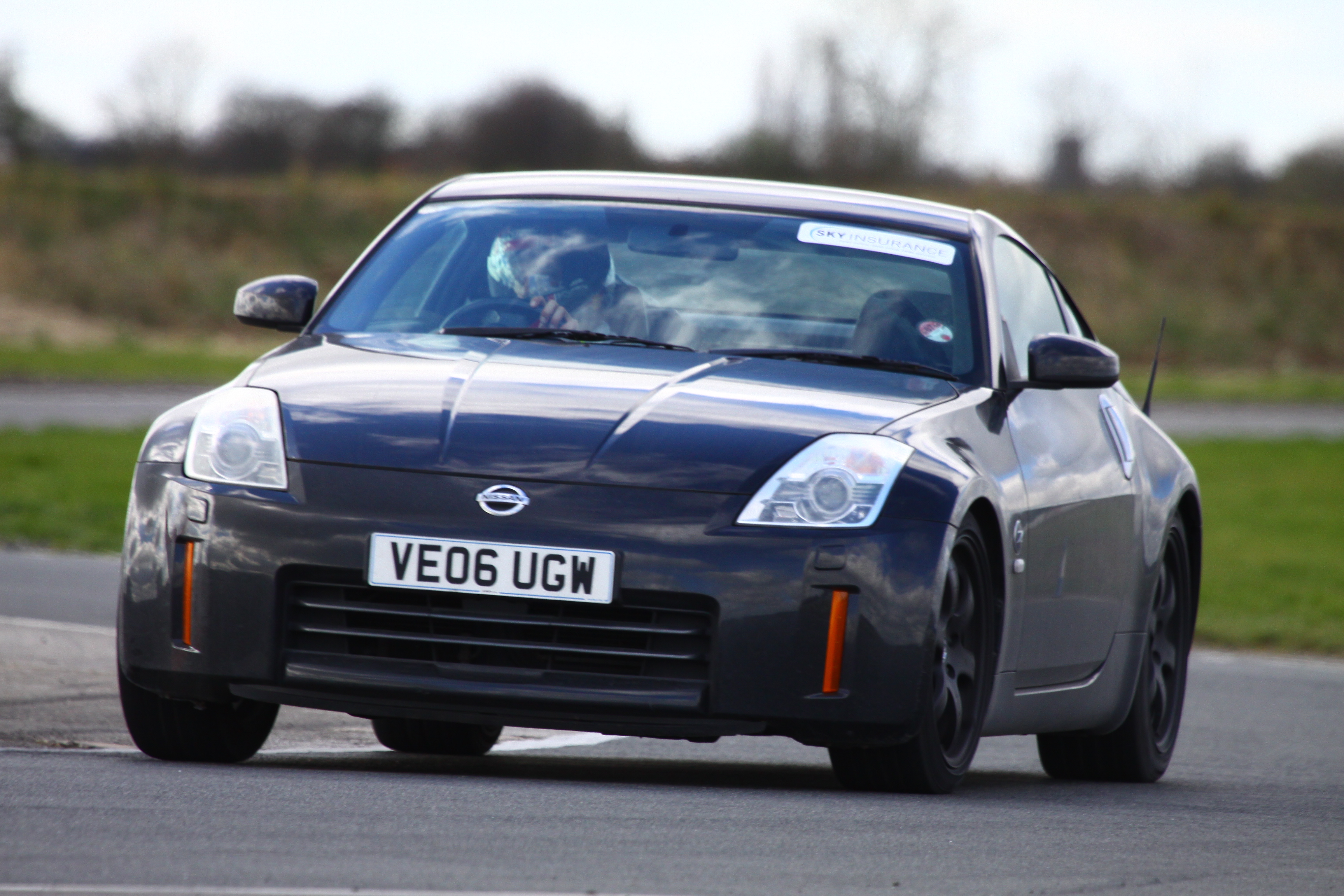Electric and Hybrid vehicles: yay or nay?
Electric and hybrid vehicles have been around for a while now. Involvement and curiosity are continually growing, and anticipation for the next development is forever gripping the media. Infamous car marques, such as Tesla, are at present running the show in terms of being at the foreground of technological software advancements and improvements. However, as many of you will be aware, Tesla has also been experiencing some issues with its ‘autopilot’ mode recently – an issue which has proved fatal in recent weeks.
This begs the question… why choose an electric / hybrid vehicle? Will they soon become more common than the traditional petrol / diesel cars we have all been so used to for so long?
Electric and Hybrid Vehicles
When talking about ‘Electric and Hybrid’ vehicles, you must first understand that there are different types. These include:
- All-Electric Vehicles (which are shortened to EVs)
- Hybrid Electric Vehicles (often referred to as HEVs)
- Plug-In Hybrid Electric Vehicles (otherwise known as PHEVs)
Charging your electric vehicle
As well as petrol for the Hybrids, these types of vehicles will also require electrical charge in order to keep going.
 There are numerous charging stations in the UK – which is an advantage (obviously).
There are numerous charging stations in the UK – which is an advantage (obviously).
When the concept of the electric car was first brought to the table, the idea of running out of power on long journeys was a substantial concern.
However, people need not fear. There are plenty of locations throughout the UK permitted to charge your electric car…
There’s a website called Zap-Map and this is a great record of all the stations currently out there in the UK. As of 12.07.2016, in the UK, the ‘Zap’ stats were as follows:
- 11,478 connectors
- 4,107 locations
- 1,965 rapid connectors
- 302 have been installed in just the last 30 days
There are also 4 different types of charge. Each of the different types emits different amounts of electricity into the car. These types are as follows:
- Slow – gives off up to 3kW of electricity (takes between 6-8 hours overnight for a full charge)
- Fast – gives off between 7-22kW of electricity (ability to fully recharge certain models in 3-4 hours)
- Rapid AC – gives off between 43-50kW of electricity (is able to provide 80% of the full charge in around 30 minutes)
- Rapid DC – gives off between 43-50kW of electricity (is able to provide 80% of the full charge in around 30 minutes)
Hybrid vehicles
Simply put, a ‘Hybrid’ vehicle is one which uses at least two, or more, types of distinctive power. This could be internal combustion (the engine) and electricity. Hybrids can also take power from other sources, such as pressurised fluids in hydraulic vehicles.
Who makes Electric and Hybrid vehicles?
 Both premium and affordable marques have invested in the Electric and Hybrid vehicle market over the last few years. You can see anything from a low powered car with a tiny engine to a huge car with a 6.0 litre engine and hundreds of horsepower – all being run on electric / hybrid power. Some of the big players in this industry include:
Both premium and affordable marques have invested in the Electric and Hybrid vehicle market over the last few years. You can see anything from a low powered car with a tiny engine to a huge car with a 6.0 litre engine and hundreds of horsepower – all being run on electric / hybrid power. Some of the big players in this industry include:
Tesla – Tesla have created cars which are of ‘performance’ quality, with premium furnishings and glamorous exteriors. They are electric vehicles but still contain ridiculous amounts of power.
The vehicles are at the higher end of the price spectrum. Prices start from $35,000 for the Model 3 and can achieve over $200,000 for the Model S. Their models include:
Model S – 0-60mph in 2.8 seconds
Model X – 0-60mph in 3.2 seconds
Model 3 – 0-60mph in less than 6 seconds
Mercedes – At present, Mercedes only have one electric vehicle on the market: the ‘B-Class Electric Drive’. This car starts from £32,670 and has a 0-62mph time of 7.9 seconds. However, as a result of recent speculation, Mercedes have announced that at the ‘2016 Paris Motor Show’ in the autumn, they will be revealing a whole new electric saloon car that will rival the Tesla Model S (Tesla’s most expensive car). It’s also rumoured that it will have power of up to 600bhp – wow!
Nissan – Nissan have produced an affordable ‘100% Electric vehicle’ range. These models include:
Nissan Leaf – prices start from: £16,530
Nissan E-NV200 COMBI – prices start from: £18,748
Nissan E-NV200 – prices start from: £13,672
Toyota – Toyota have developed and produced a range of ‘Hybrid’ vehicles. They range from small run-around cars, to family cars and more. Their hybrid models compromise of two engines: one petrol and one electric. Their models include:
- Yaris Hybrid
- Auris Hybrid
- RAV4
- Prius
- Pruis+
- Prius Plug-in
Yay or nay?
Electric and hybrid vehicles are better for the environment, we know this. You can also expect to see reduced / £0 tax bills on the hybrids and electric vehicles. However, if all cars were to be electric in 50 years time, how much power would be consumed via the charging ports? Does this pose a fire hazard? How does this fare for the supply and demand of electricity? All of these factors need to be considered, not just the initial benefits. There are many questions yet to be answered.
So, now you know the types of Electric and Hybrid vehicles you can buy, in addition to all the relevant information that factors in on the subject, it’s time to have your say…

















